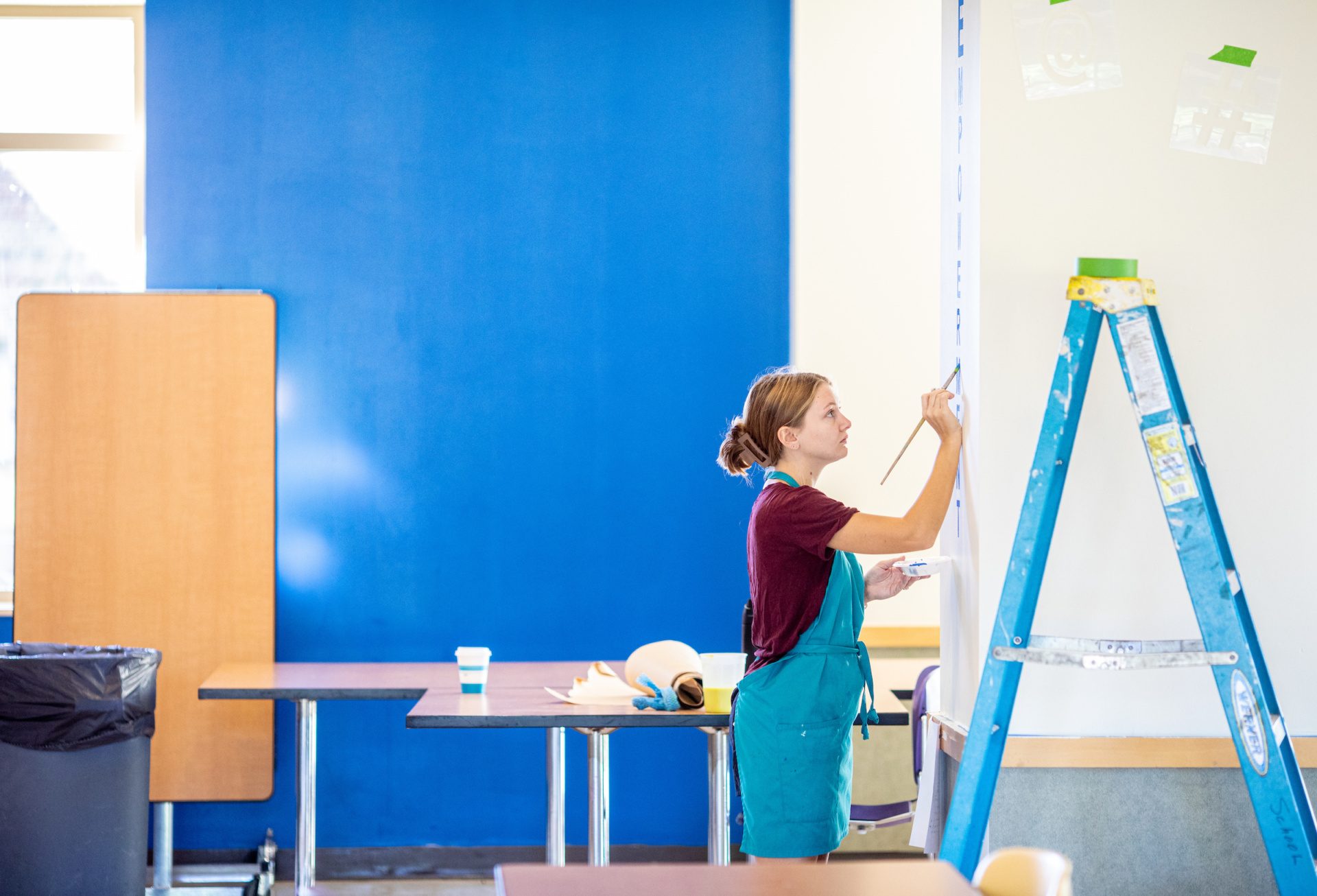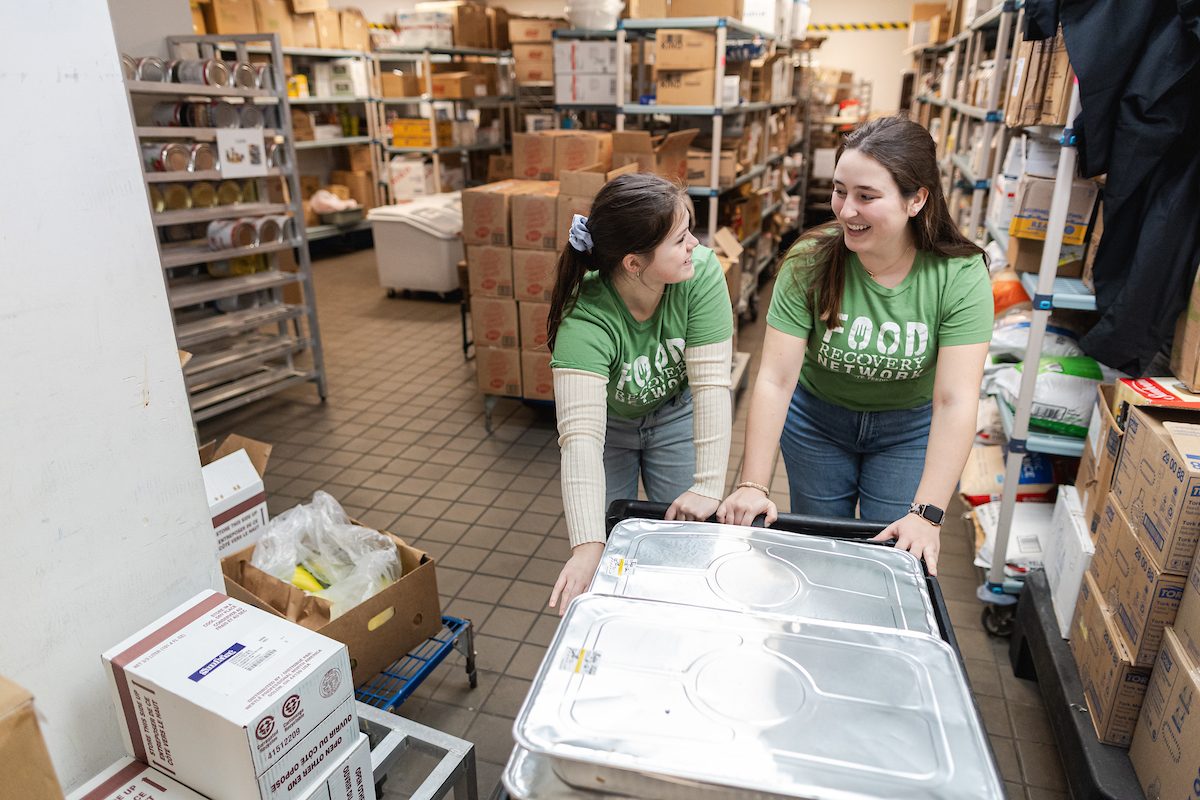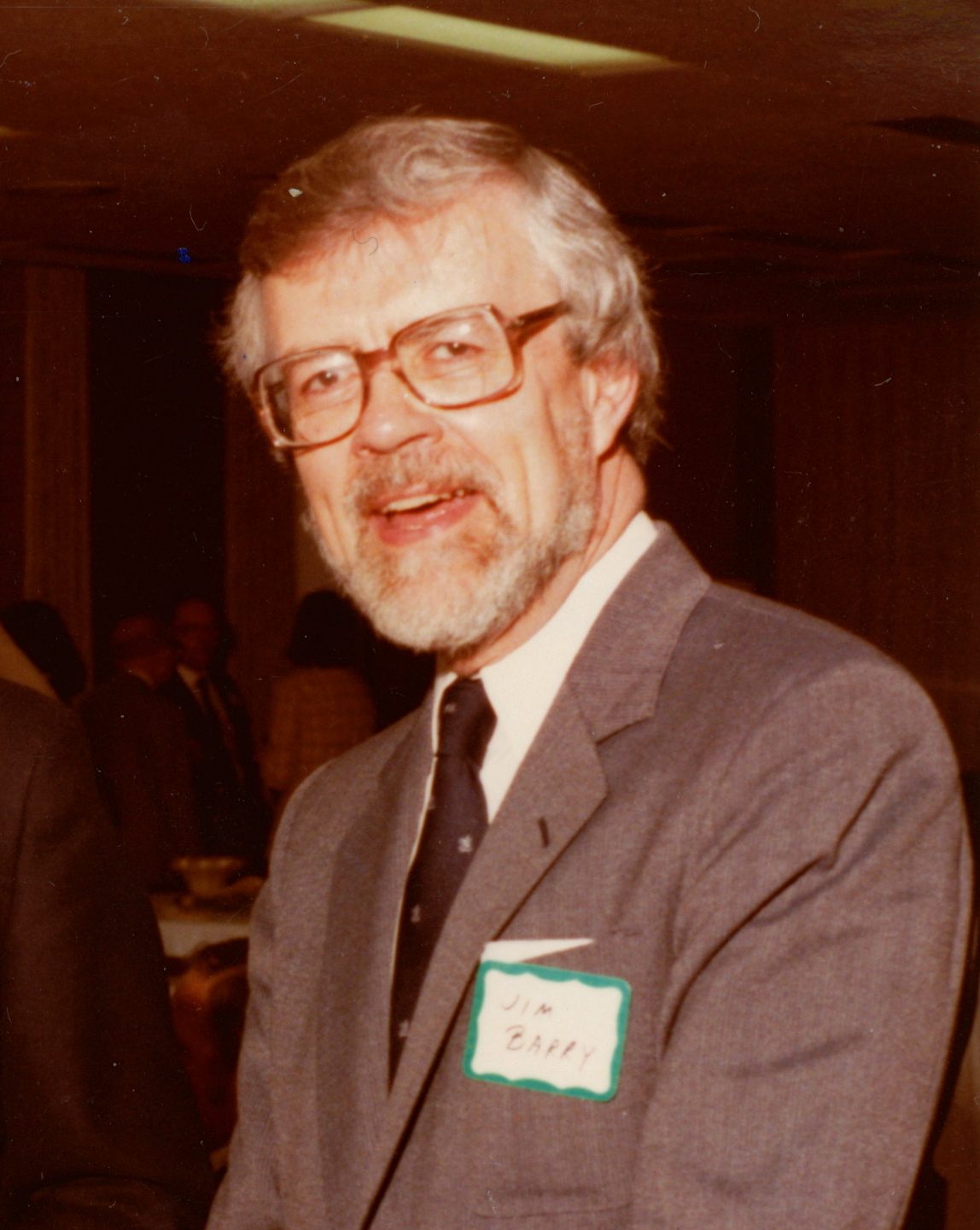
Social work students get involved in the community with new program
“Back to school” can mean many different things depending on your perspective. Maybe it’s a trip to the store to buy school supplies. It could be a return to the grind of assignments and studying. Or perhaps it means dropping off your child for their freshman year, setting them off on their own for the first time.
For incoming Master of Social Work students at Loyola University Chicago’s School of Social Work, “back to school” starts with the Community Immersion Program.
“The CIP really jumpstarts their MSW journey and allows them to have a little enthusiasm and motivation to really dig in to the field,” says Marcy Wilroy, a clinical assistant professor in the School of Social Work.
The four-day program started August 29, with a fully-online first day, where students received an introduction to the history of social work and what it means to be a social worker.
“A lot of them are career changers,” says Michael Dentato, associate professor and interim associate dean for research. “They’ve been out of school for a number of years so there’s apprehension about getting back into the grind and the assignments and the reading, but also connecting to and understanding a new profession. The shared commonality and shared experience helps them connect.”
“I was worried I would feel intimidated just because I don’t come from a social work background,” says Sophia Herczeg, an MSW student. “I’m making a career change and it seems like a lot of people are having similar experiences. It’s not just people that have a BSW that are 23 that are going into their MSW.”
Introducing students to the field of social work, however, is only the first part of the CIP. Days two and three of the program put the MSW students to work. Groups were assigned to 16 different community organizations across Chicago, where volunteer-work awaited them, which was nothing new for some of the first-year students.
“Going to Jesuit schooling for my undergrad at Loyola and in high school, I really fell in love with the philosophy of being a person for others. It’s really helped formulate my identity and how I see the world,” says Jackson Santy, an MSW student.
Santy and the rest of his group were sent to GirlForward, a Chicago nonprofit dedicated to enhancing opportunities for refugee girls. While Santy said he’d been inspired to enroll in the MSW program due to interactions with social workers while growing up, each member of the group had a different path to Loyola’s School of Social Work.
An additional benefit of the CIP is building community between the students. The volunteer sites are assigned based on the students’ listed address, meaning they’re sent to an organization in their own community with others who live in the area too.
“It’s really nice that we’re bonding with each other and getting all our stressors out and talking about the immersion program’s first day discussions and how it fits in with what we’re doing here. So it all comes together,” says Amanda Gasior, an MSW/MJ dual-degree student. Her group repainted fencing, washed windows, and helped out with other tasks at Jordan Community School.
“Going to Jesuit schooling for my undergrad at Loyola and in high school, I really fell in love with the philosophy of being a person for others. It’s really helped formulate my identity and how I see the world.”
— Jackson Santy, Master of Social Work student
Another group’s volunteer project took place at Lawrence Hall, one of Chicago’s oldest social services agencies. The group painted the organization’s “four pillars” of Respect, Empowerment, Safety, and Teamwork on actual pillars in the site’s cafeteria.
Because the Community Immersion Program is the first formal introduction to social work for many MSW students, it also serves as an introduction to different types of social work and what organizations they could potentially intern or work for.
“We were very excited when we heard about this program,” says Renee Lehocky, Lawrence Hall’s Director of Strategic Initiatives. “My CEO is a graduate of Loyola so we jumped on the opportunity because it gives us a chance to invest in new students coming in and also to let them know a little bit about Lawrence Hall.”
Field internships are an important piece of the School of Social Work’s approach to social work education. The valuable experience students get during their required 1,000 hours of internships is part of why school administrators felt comfortable restructuring the MSW program to drop the credit hour requirement from 60 to 49.
Many of the CIP sites are the same community partners where SSW students often intern, reinforcing those working relationships.
“It demonstrates to our community partners that we are willing and able to give back to them,” says Jonathan Singer, an SSW professor who helped out at Jordan Community School. “They give so much to us when they supervise students, when they’re involved in student education.”
It also introduces the MSW students to different types of social work they might not have considered before. Casey Callahan is an MSW/JD dual-degree student hoping to pursue a career public defense with a trauma-informed approach. They said learning more about the work of a school social worker was something they weren’t at all familiar with and really eye-opening.
“The staff has been incredibly kind and welcoming and I’m excited about how intentional the programming was yesterday and today,” says Callahan. “It really created a good groundwork for how we’re going to approach our placement sites and conversations in class.”
After two days of volunteer work, the MSW students regroup on Thursday for a final online session. Much of the final day is spent reflecting on the previous three days discussions, projects, and sites.
“I think overall the students are feeling a lot more confident, not only about entering the profession but beginning their courses and getting to know one another,” says Dentato. “There’s that camaraderie that they’ve built, which is a really nice platform before they head into their classes.



